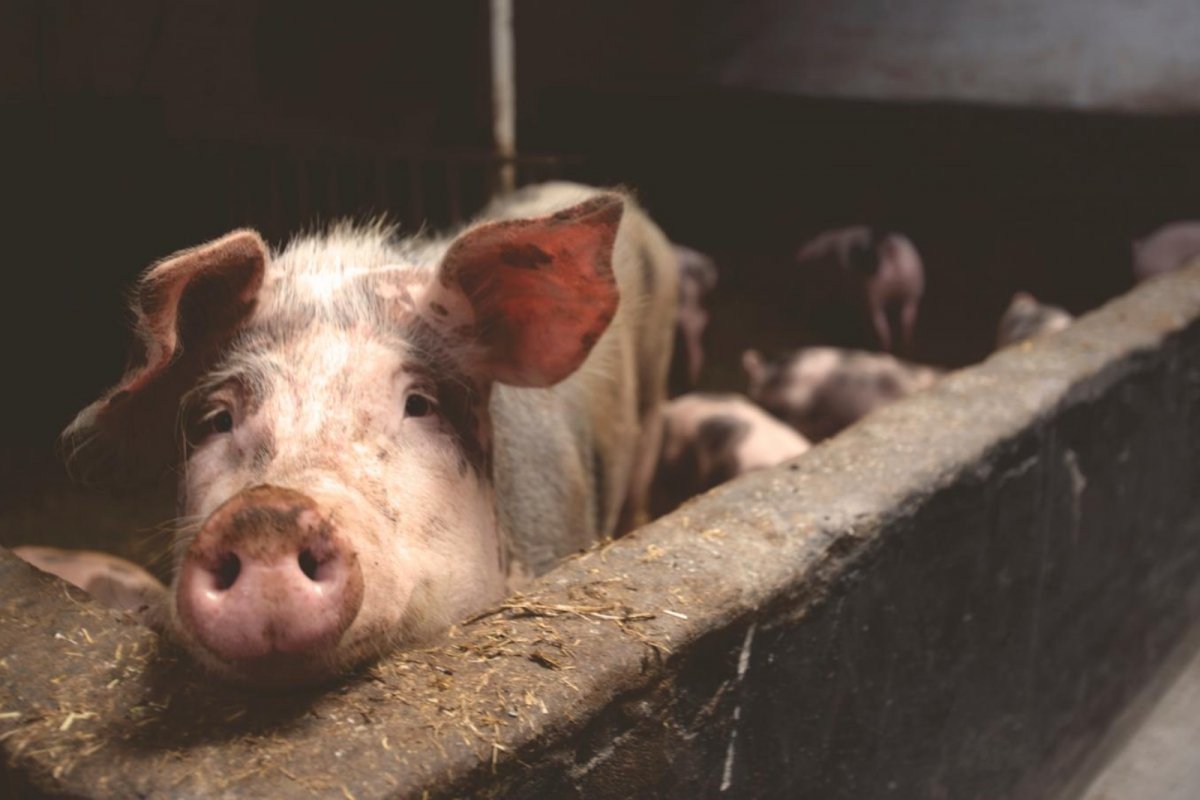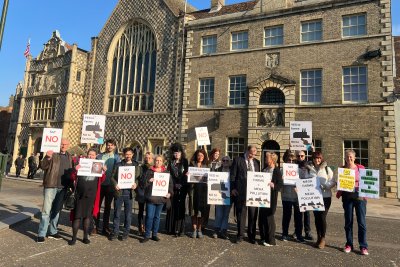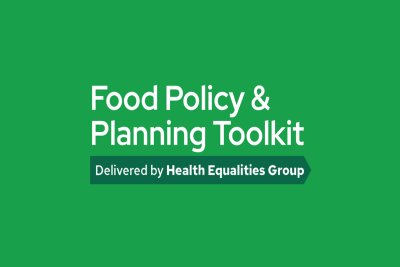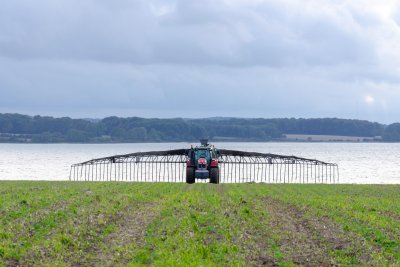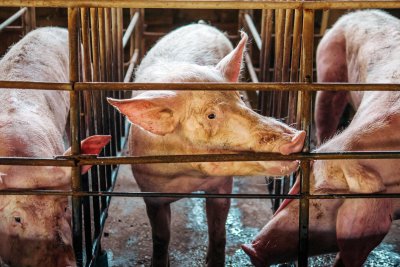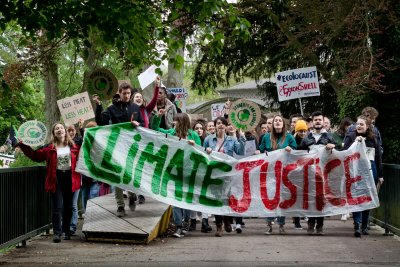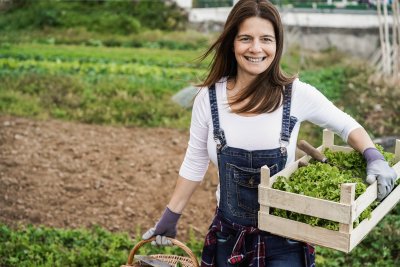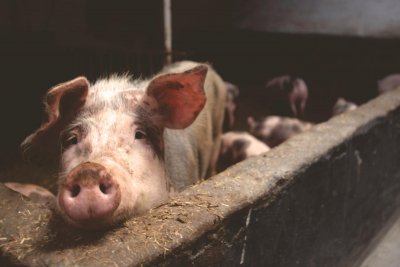 Pigs. Credit: Matthia Zomer | Pexels
Pigs. Credit: Matthia Zomer | Pexels
Norfolk pig farmer paid £1.5 million to stop rearing pigs in scheme to tackle river pollution
A nutrient credit scheme set up by a collective of local councils and Anglian Water will reduce livestock numbers in an effort to unlock the building of up to 5,000 homes.
A Norfolk pig farmer has been paid £1.5 million to stop rearing 2,000 pigs in a scheme to tackle river pollution. The scheme, a joint venture between Norfolk councils and Anglian Water, will create nutrient ‘credits’ to be sold to construction companies in a nutrient offset scheme.
Housebuilding has stalled in some areas of the UK because excessive levels of pollution mean many sites that are protected for nature are in ‘unfavourable’ condition, including nearly all England’s rivers. As a measure to protect these ecosystems, new developments are not permitted where they would add further pollution and therefore risk the health of UK wildlife. The scheme aims to mitigate nutrients to enable 5,000 new homes to be built.
Across England, ‘Agriculture and rural land management’ is the most common reason for water bodies not reaching ‘Good Ecological Status’. According to data analysed recently by Sustain, Norfolk produces the second highest level of factory farm animal excreta in Britain, with 78 tonnes of slurry and manure produced by factory farm animals every hour.
Sam Hayward, campaigns officer at Sustain said:
Intensive livestock farming is a significant driver of river pollution, as well as biodiversity decline and the climate emergency. Curbing this source of pollution would allow us to clean up our rivers, support more nature-friendly farming to thrive, and allow sustainable housing to coexist with recovering wildlife. Pollution from all sources needs to be tackled though, and a credit scheme like this shouldn’t give other polluters a free pass. It’s also important to remember that we need to reduce pollution, and get our protected sites out of 'unfavourable' status. It isn't enough just to offsett new sources of pollution.
In fact, there is a risk that pollution in Norfolk could get worse thanks to new factory farms being built. Cranswick plc., a major meat producing company, has applied to King’s Lynn and West Norfolk council for permission to build one of the largest factory farms in Europe. Their plans to house up to 870,000 chickens and 14,000 pigs would completely undermine the efforts of this scheme; producing up to 159 tonnes of animal waste per day. We are especially concerned because Cranswick does not appear to have a comprehensive waste management strategy. It's astonishing that we could have a farmer paid to reduce livestock by 2000 over pollution concerns, but elsewhere in the county plans for up to 14,000 pigs gets the green light.”
Councils have powers to put in place local plans and supplementary planning policy to ensure applications for intensive livestock units are properly scrutinised and hold these large companies to account to protect our rivers. Sustain’s Planning for the Planet campaign provides councils with access to support and resources to do so.
Sustain: Sustain The alliance for better food and farming advocates food and agriculture policies and practices that enhance the health and welfare of people and animals, improve the working and living environment, enrich society and culture and promote equity.
Sustain
The Green House
244-254 Cambridge Heath Road
London E2 9DA
020 3559 6777
sustain@sustainweb.org
Sustain advocates food and agriculture policies and practices that enhance the health and welfare of people and animals, improve the working and living environment, promote equity and enrich society and culture.
© Sustain 2025
Registered charity (no. 1018643)
Data privacy & cookies
Icons by Icons8
